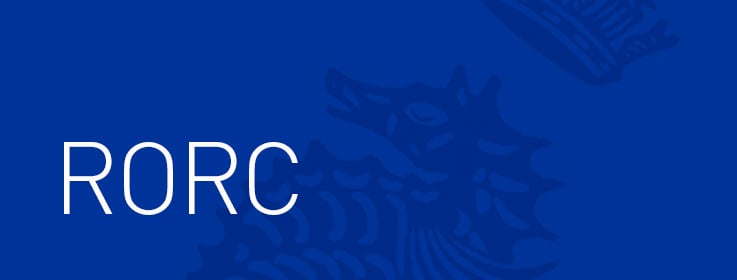Displaying items by tag: details
Marine Notice: AFS Convention Comes Into Force January 2012
#NEWS UPDATE - The latest Marine Notice from the Department of Transport, Tourism and Sport (DTTAS) gives notice that the International Convention on the Control of Harmful Ani-Fouling Systems on Ships - known as the AFS Convention - will come into force for Irish-flagged ships on 20 January 2012.
Anti-fouling systems refer to paints or coatings applied to the hulls of vessels to prevent living organisms from attaching to them.
Currently all Irish-flagged ships of 400 gross tonnage and over are required to hold an Anti-Fouling Certificate, issued under Regulation (EC) No 782/2003 of the European Parliament and of the Council.
The new regulations mean that any Irish-flagged ship which holds such a Certificate must replace it with an International Certificate, issued under the AFS Convention.
The new convention applies to three separate groups: any and all ships of 400 gross tonnage and over; all ships (including fishing vessels) of 24 metres or greater in length; and all other vessels.
Details of requirements for these groups are included in Marine Notice No 55 of 2011, a PDF of which is available to read and download HERE.






























































